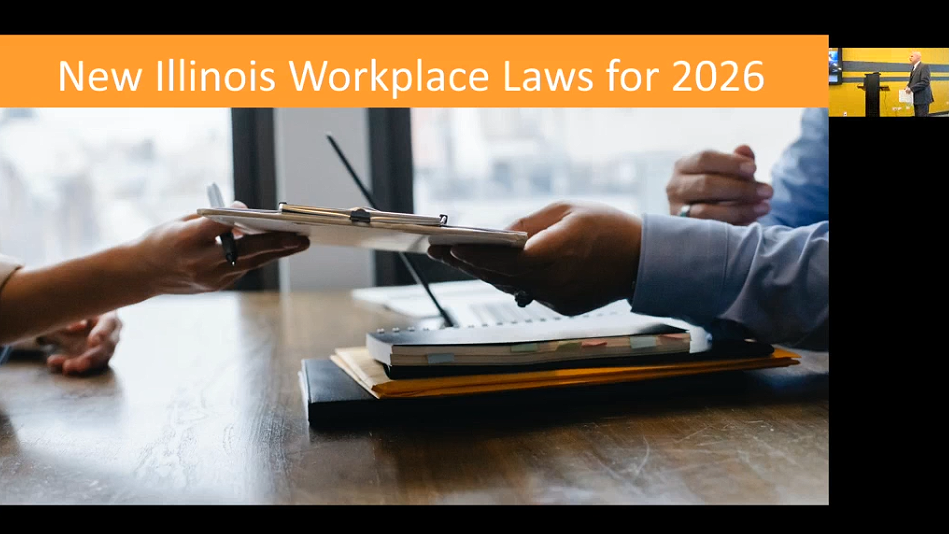Keeping a Document Library: Efficiency 101
In the practice of law, you have opportunities to perform work that is somewhat repeatable over time. Certainly, over your career, you will encounter similar legal problems from time to time. If you limit your practice to just a finite area of the law, you will no doubt have the opportunity to do similar work time and time again. For example, a residential real estate closing attorney uses checklists and forms that are localized to the jurisdiction in which he or she works to make his or her practice very efficient and tremendously valuable due to the downward pressure on fees for residential real estate closings. If you are organized and structured, you can create a system that will improve your efficiency and provide immense value.
Be Efficient
While clients see complex legal documents as a “boilerplate,” we know that effective legal documentation requires careful language that protects your client’s interests. The document needs to be drafted, redrafted, scrubbed, vetted, and reviewed carefully to make sure that all of the language in the document applies to a particular deal, pleading or administrative forms with which you will use for your client’s interests. Further, you can have different templates for different sides of a particular transaction.
As you see the need to reuse documents or portions of documents going
forward, make the investment of time to get your form documents in order in a
“document library” saved on your computer or server.
Create a Database
A document library that you create must be in a searchable database for you to find documents easily. This could be done using a simple system using Microsoft Word or some other off the shelf document management system.
Get Started
First, you may populate your document library with form documents that are sold along with books on CDROM discs. Secondly, if you customize documents in some fashion, save the customized versions also but annotate it in a way that reminds you how you customized that document. Again, the idea of creating a document library is for you to consistently prepare the highest quality documents customized by you and your firm for your clients at the lowest possible investment of time to reduce legal fees. This will make you competitive in the marketplace. Your electronic document library could simply be a separate document library folder saved on your server that opens up into a myriad of insert folders under different practice groups of your firm such as:
·
Family Law
·Commercial Real Estate
·Residential Real Estate
·Estate Planning
·Employment Law
·Evictions
·Immigration
·Bankruptcy
·Corporate Organizations
·Asset Purchase Agreements
·Litigation
·Personal Injury
·Criminal Law
·Estate and Trust Administration; and
·Business Start-Ups
Using these folders as a starting point, you
can fit all relevant documents in these folders and add others as you need. For
example, as you go into the “estate planning” folder, you can also create
further subfolders for wills, trusts, healthcare directives, and life insurance
trusts. As you can see, organization is the first key and discipline is the
second. The system you choose must be logical – otherwise you may waste
valuable time trying to locate the needed document.
As you save documents in the document library, there should also be a
column to add descriptive words and phrases that will allow you to remember why
this version is unique. For example, if you are saving multiple commercial
leases, some leases might be triple net leases, gross leases, concessionaire
leases or modified gross leases. In addition, some may be favorable to the
landlord and some may be favorable to the tenant. All those nuances should be
described in a column in your document library to remind yourself of the
uniqueness of each document.
Keep it Current
Once your document library outline is created, identify any new documents that would be a good addition to the library, make it a point approximately every other month to sanitize those documents by removing client names, addresses and deal specific information and save those documents in the document library. Remember, discipline is the second key. You must have the discipline to continue to add to the document library so it is a growing body of critical documents upon which you can build your practice. Remember, looking for old templates and documents by looking through old client files is easy if you only have 50-75 existing files. Once you have 500-5,000 files, finding those old documents becomes nearly impossible.
Conclusion
I encourage you to build a document library early in your practice, not to make your life easier today, but to make your life easier for many years to come and throughout your career. Also, the efficiencies that it creates, will reduce legal fees for clients so that you will have a client for a lifetime. Lastly, such system will create value for your firm.
For any further discussion on the efficiencies of keeping a document library, please reach out to Kerry Lavelle at klavelle@lavellelaw.com to schedule an appointment.
Kerry Lavelle is the author of The Business
Guide to Law: Creating and Operating a Successful Law Firm
and The Early Career Guide for Attorneys: Starting
and Building a Successful Career in Law
published by the American
Bar Association. They can be found on the ABA website at: http://bit.ly/1J1p0Aa
and https://bit.ly/2NQkYSU
. He grew his solo practice to a
31-attorney firm, accumulating numerous awards and commendations along the way
for his legal work and community service. He is a frequent speaker at bar
association seminars and conferences on law office management, and has served
as an adjunct professor for business, economics and law school classes, and has
served on boards for the Northwest Suburban, Illinois and American Bar
Association.
More News & Resources
Lavelle Law News and Events












